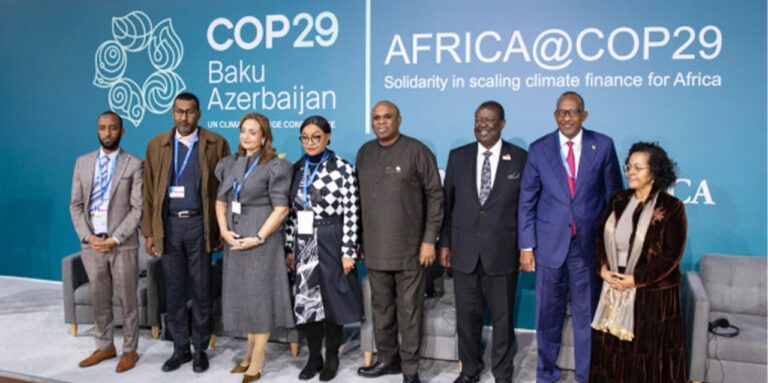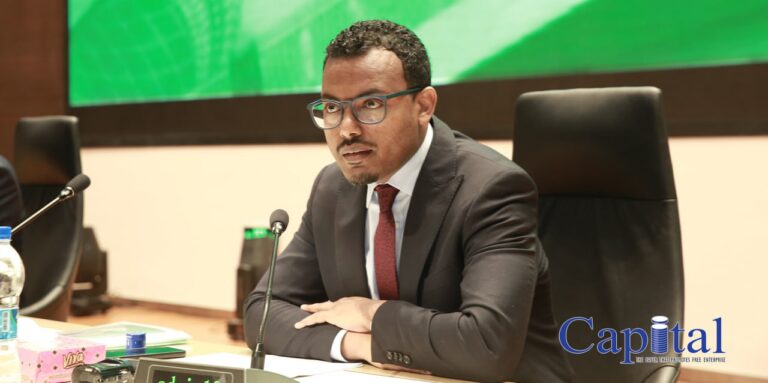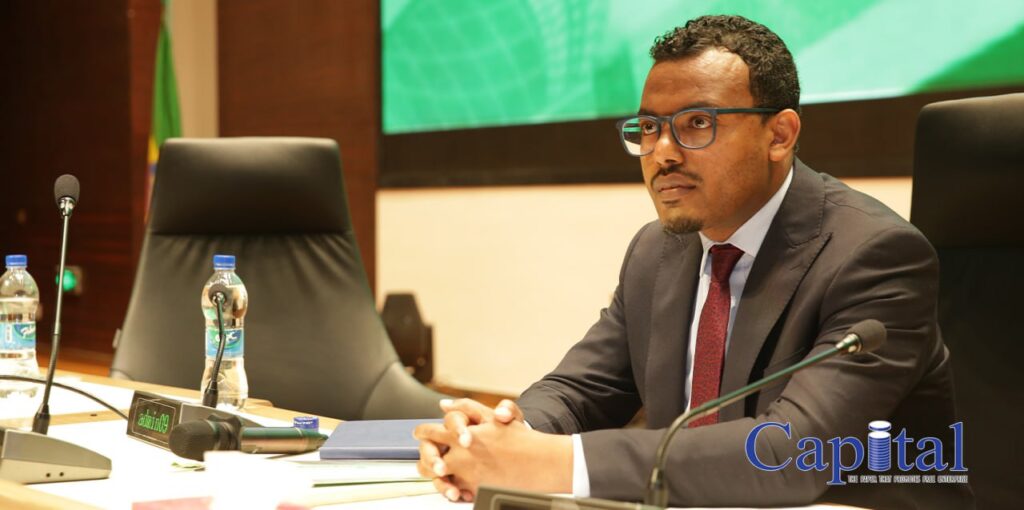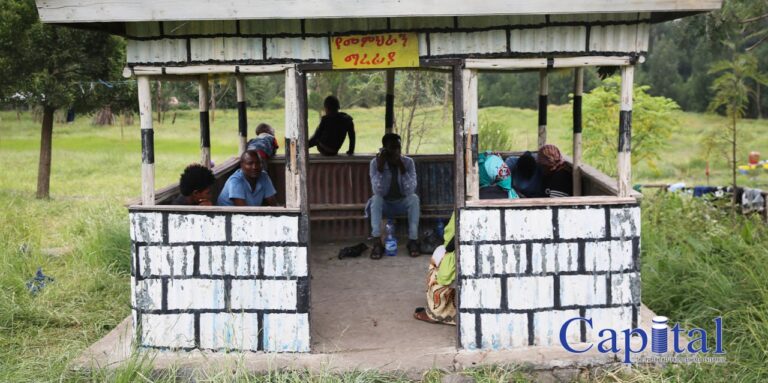As world leaders gather at COP29 in Baku, Azerbaijan, a powerful message reverberates through the conference halls: “The cost of inaction is far greater than the investment required to build a resilient and prosperous future for Africa.” This urgent call to action, articulated by Claver Gatete, United Nations Under-Secretary-General and Executive Secretary of the Economic Commission for Africa (ECA), underscores the pressing realities faced by a continent that suffers disproportionately from climate change while contributing minimally to global emissions.
Africa is already grappling with severe economic repercussions due to climate disruptions, with losses averaging 5% of GDP annually and reaching up to 15% in some regions. The stakes are alarmingly high, as Gatete emphasizes the need for a transformative vision to shift Africa from climate vulnerability to global leadership in green growth. His five-step plan includes leveraging critical minerals, enhancing carbon capture through nature-based solutions, setting ambitious climate finance targets, accelerating the clean energy transition, and advocating for decisive global action to limit emissions.

The Signs of Climate Change
The signs of climate change are glaring across Africa. Rising sea levels threaten the coastlines of West Africa, prolonged droughts devastate East Africa, and erratic weather patterns disrupt agricultural cycles in regions already facing food insecurity. In 2023 alone, climate-related disasters pushed an estimated 14 million Africans into poverty, exacerbating existing challenges in healthcare and food security while driving migration as people flee uninhabitable conditions.
“The daily realities grow worse for Africa,” stated Gatete. “From infrastructure damage to health risks, the cost of these disruptions is mounting. We cannot afford to wait.”
Pathway to Resilience
Gatete’s vision outlines a pathway to resilience through five key pillars. The first focuses on harnessing Africa’s wealth of critical minerals—such as cobalt, lithium, manganese, and nickel—that are essential for the global clean energy transition. With the surging demand for batteries and electric vehicles, these resources could not only fuel Africa’s development but also contribute significantly to the world’s green energy shift. Gatete cited the collaboration between the Democratic Republic of Congo and Zambia as a model for leveraging the African Continental Free Trade Area to create special economic zones that enhance regional and global value chains.
The second pillar emphasizes enhancing carbon capture through nature-based solutions. The Congo Basin’s ecosystems serve as vital carbon sinks that require protection from deforestation. Investments in afforestation and reforestation could generate up to $82 billion annually through high-integrity carbon credits while preserving biodiversity.
Furthermore, Gatete stressed the importance of establishing an ambitious target for the New Collective Quantified Goal (NCQG) for climate finance. He noted that the African Group of Negotiators has proposed a goal of $1.3 trillion per year, which aligns with Africa’s Nationally Determined Contributions (NDCs) that necessitate nearly $3 trillion for implementation.
Accelerating Clean Energy Transition
Accelerating Africa’s clean energy transition is another critical priority. Despite contributing less than 4% of global greenhouse gas emissions, Africa has immense potential to become a renewable energy hub due to its abundant solar, wind, and hydroelectric resources. “The transition to renewable energy is unstoppable,” Gatete asserted, emphasizing that coordinated policies and investments could position Africa at the forefront of the green economy.
However, time is running out. While the costs of renewable installations decrease, African leaders’ patience is waning as they await fulfillment of climate finance commitments from wealthier nations—commitments that have yet to materialize at the necessary scale.
The Cost of Inaction
At the heart of Gatete’s message lies a stark warning: failure to act now will incur far greater costs in the future. According to the Global Commission on Adaptation, every dollar spent on climate adaptation yields approximately four dollars in benefits through reduced disaster recovery expenses and increased agricultural productivity. In Africa, where economies are particularly vulnerable, this return on investment could be even more significant.
Without adequate investment in resilience, Africa faces a future plagued by escalating disasters and economic setbacks. The continent’s already heavy debt burden would worsen as countries are forced to borrow more to recover from increasingly frequent climate events.
Inaction constitutes not only a missed opportunity but also a moral failing; despite contributing minimally to global emissions, it is Africa that bears the brunt of climate change impacts. Gatete’s plea encapsulates a demand for climate justice—a call for wealthier nations to honor their commitments under international agreements like the United Nations Framework Convention on Climate Change.
A Unified African Stance
As COP29 progresses, African nations are arriving with renewed determination, demanding that wealthier countries honor what they see as an accumulated $45 trillion climate debt. Delegates are pushing for quality climate financing that directly targets areas critical to sustainable growth while advocating for immediate financing for projects that bolster local resilience.
With minimal contributions to global emissions but significant exposure to climate impacts such as floods and droughts, African leaders are making it clear: only meaningful commitments will suffice if there is any hope for a sustainable future amidst an ever-worsening climate crisis.







